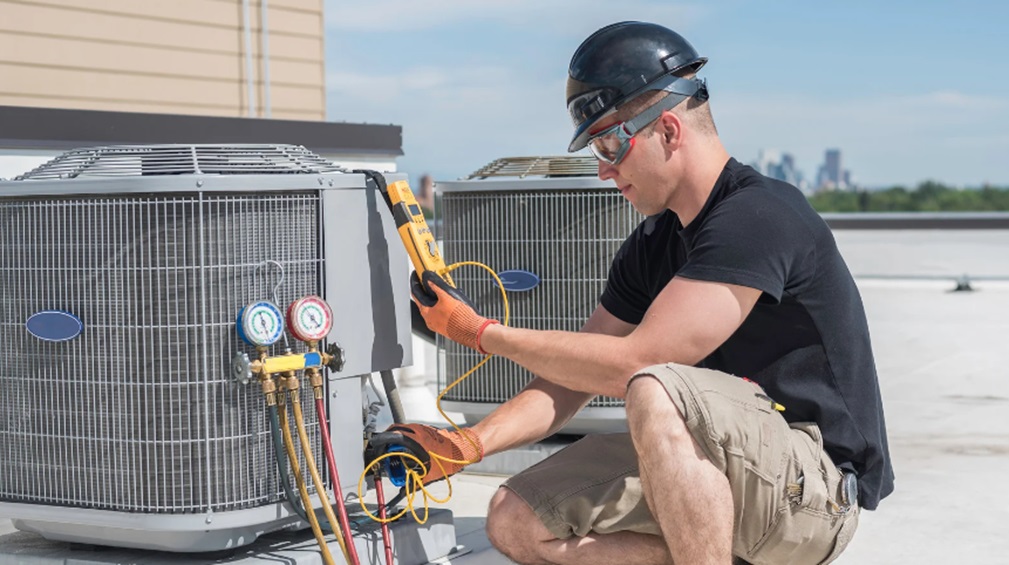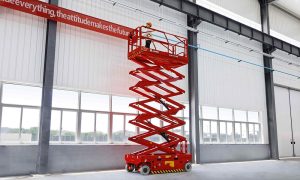
As winter approaches, the demand for HVAC systems increases, making them more prone to breakdowns and costly repairs. Scheduling preventive maintenance for HVAC repair in Atlanta can help residents avoid sudden failures and maintain comfortable indoor temperatures throughout the colder months. By taking a proactive approach, homeowners can prevent high repair bills and ensure the reliability of their heating systems all winter long.
The Importance of Preventive HVAC Maintenance
Regular HVAC maintenance helps keep your heating system running smoothly and efficiently. When a system undergoes frequent use, it naturally experiences wear and tear, which can lead to unexpected malfunctions. Preventive maintenance addresses minor issues before they escalate, extending the lifespan of the HVAC unit and improving its overall efficiency. Additionally, maintenance check-ups can reveal hidden problems that might otherwise go unnoticed until they cause a breakdown in the middle of winter.
Key Components of Winter HVAC Maintenance
Winter HVAC maintenance typically involves a series of inspections and minor adjustments to ensure that each part of the system is functioning optimally. Here are a few critical aspects that an HVAC technician will focus on:
1. Cleaning and Inspecting Air Filters
Dirty air filters can obstruct airflow, forcing the HVAC system to work harder than necessary. This can lead to higher energy bills and increased wear on the system. Replacing or cleaning the air filters regularly is a straightforward step that improves indoor air quality and reduces strain on the system.
2. Checking Thermostat Settings
A malfunctioning thermostat can lead to inaccurate temperature readings and frequent cycling of the HVAC unit. During maintenance, the technician will verify the thermostat’s settings and functionality, ensuring it maintains a comfortable indoor temperature without overworking the system.
3. Examining Electrical Components
Electrical connections within the HVAC system are vital to its smooth operation. Loose or faulty wiring can result in short circuits, system failure, or even potential fire hazards. By inspecting and tightening all electrical components, a technician reduces these risks, contributing to safer HVAC usage.
For a comprehensive overview of how these maintenance practices can impact efficiency and cost savings, read this article on the benefits of HVAC repair and services.
4. Lubricating Moving Parts
Moving parts, such as the fan motor and belts, require proper lubrication to minimize friction. A lack of lubrication leads to increased wear, which can cause mechanical failures. Regular lubrication during maintenance helps reduce the risk of breakdowns and promotes a quieter system.
Benefits of Preventive Maintenance
- Lower Energy Bills: A more efficient system uses less energy, reducing heating costs over time.
- Enhanced Indoor Air Quality: Clean filters and components prevent the circulation of dust, allergens, and pollutants.
- Extended System Lifespan: Regular maintenance minimizes wear and tear, helping HVAC systems last longer.
Conclusion
Winter HVAC maintenance is a cost-effective way to prevent costly repairs and ensure a warm, comfortable home during the cold season. From cleaning filters to checking electrical components, these preventive measures keep systems running smoothly and efficiently. By scheduling preventive maintenance early, homeowners can avoid the stress of unexpected breakdowns and enjoy a cozy winter indoors.






